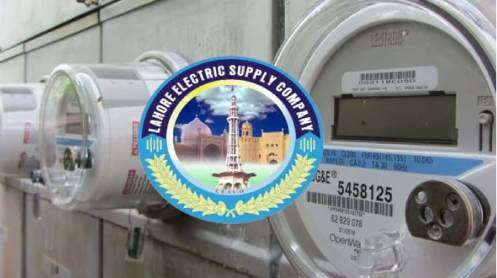KARACHI: The Directorate of Post Clearance Audit (PCA) South has uncovered another trade-based money laundering involving over Rs16 billion under solar panel imports.
According to an FIR, after an extensive investigation of a suspicious company, the Directorate found that this trade-based money laundering involved a cartel of 12 fictitious importers connected to this company.
The trade-based money laundering is estimated to have cost the national exchequer over Rs.16 billion as the cartel utilized an elaborate setup of non-existent businesses, misuse of customs procedures, and trade-based money laundering to import solar panels and other goods illegally.
Solar panel imports: Rs73bn illicit fund transfers detected
Specifically, the companies incorporated 11 fake business entities and added them to the NTN of said Lahore based company to enable fraudulent clearances. The goods were often mis-declared or cleared through misuse of the green channel. The document said that financial instruments were forged and funds not commensurate with the companies’ worth were used.
Two individuals – one has been arrested and is currently on a 7-day remand, from the clearing agency have been implicated for facilitating the process. At the same time, raids are being conducted to nab the second accused.
Sources said that over 50 shipping documents were used to evade Rs. 22 million in duties, and 678 shipping documents enabled over Rs. 1.6 billion of potentially illicit funds for imports. They said that the case has been registered against the companies and individuals and further investigation is in progress.
Furthermore, sources said that a sectoral audit was initiated upon the directions of FBR, and so far, nine FIRs have been lodged by PCA South – exposing one Peshawar-based cartel, one Quetta-based cartel, and now, one Karachi-based cartel.
The PCA team, under the guidance and supervision of DG PCA Chaudhry Zulfiqar Ali and Director PCA South, Sheeraz Ahmed, has successfully uncovered serious fraud in the solar panels sector leading to the lodging of FIRs which marks a significant development in the case.







